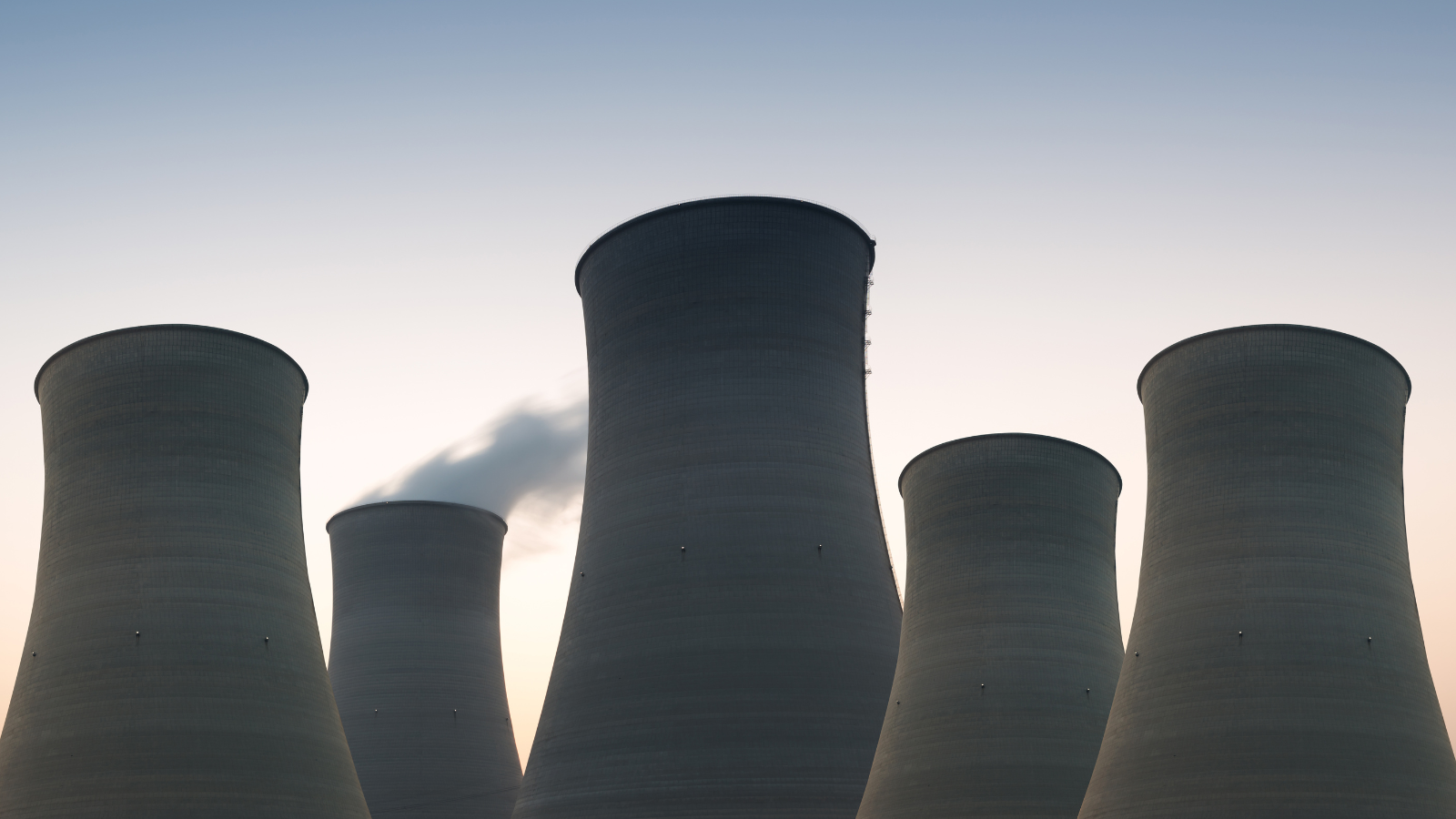Japan Airlines Flight Catches Fire in Collision at Tokyo's Haneda Airport
In a dramatic incident at Tokyo's Haneda airport, a Japan Airlines flight carrying hundreds of passengers caught fire on the runway after colliding with a Japan Coast Guard aircraft. Tragically, five out of six crew members on the Coast Guard aircraft lost their lives, while the pilot suffered severe injuries. The Coast Guard plane was en route to provide earthquake relief in Niigata.
Japan Airlines reported that all 367 passengers and 12 crew members aboard their Airbus A350 safely evacuated, even though the aircraft was engulfed in flames. Some passengers were taken to a hospital or airport clinic due to feeling unwell.
As a result of the emergency, all runways at Haneda airport were temporarily closed, impacting operations at one of the busiest airports in the Asia-Pacific region. While three runways have since resumed operation, the cause of the incident remains unknown.
WHY IS THIS IMPORTANT TO THE SUPPLY CHAIN INDUSTRY?
When a major airport like Tokyo's Haneda hits the pause button due to an incident, it's like a traffic jam on a highway. Delays can ripple through the supply chain, affecting schedules and deliveries. This incident is a wake-up call for why having a solid Plan B (and maybe even a Plan C) is crucial. How do you handle unexpected disruptions? It's a question we all need answers to.
We're all about different modes of transport – air, sea, land – working together. When air travel goes haywire, it can mean rerouting cargo through other modes, which requires quick thinking and adaptation. Even though this incident involved passenger flights, it's a reminder of how vital cargo safety is. Ensuring that goods remain secure and protected during transit, especially during emergencies, is non-negotiable.
OUR HOT TAKE?
Safety always comes first in the transportation industry, but events like the one at Tokyo's Haneda airport can trigger a bit of an overreaction and overly cautious measures. Of course, passenger and cargo safety is of utmost importance, but shutting down all runways temporarily can bring about significant economic repercussions.
The disruptions caused by closing a major airport affect not only travelers but also the smooth flow of goods in the supply chain. This incident serves as an illustration of how a single event can send ripples through the industry, resulting in financial setbacks and delays that affect a wide range of players.
The U.S. is ramping up defense industrial cooperation with Indo-Pacific partners like Japan, India, and others to bolster supply chain resilience amid threats, particularly from China.
Taiwan Semiconductor Manufacturing Company (TSMC) recently inaugurated its inaugural chip plant in Japan, a move aimed at diversifying its supply chains amidst escalating trade tensions between the U.S. and China.
In a dramatic incident at Tokyo's Haneda airport, a Japan Airlines flight carrying hundreds of passengers caught fire on the runway after colliding with a Japan Coast Guard aircraft.
The search continues for two missing individuals following the U.S. military Osprey aircraft crash.
China has surpassed Japan as the largest auto exporter during the first half of the year, exporting 2.34 million vehicles compared to Japan's 2.02 million, marking the first time this has occurred at the half-year mark.
The Port of Nagoya, Japan's largest maritime port, fell victim to a ransomware attack allegedly carried out by a Russian cybercriminal group, causing significant disruptions to cargo operations.
Japan is aiming to strengthen its position in the electric vehicle (EV) space through a critical minerals trade deal with the United States.
U.S. Transportation Secretary Pete Buttigieg visited the port of Yokohama in Japan and emphasized the importance of establishing "green shipping corridors" to reduce carbon emissions in the shipping industry.
Japan's exports have experienced their weakest growth in over two years, signaling a global economic slowdown and adding uncertainty to the country's growth outlook.
The Group of Seven (G-7) advanced economies held closed-door financial talks in Japan, focusing on issues such as bank runs, cybersecurity, and building more reliable supply chains for economic security.
Honda has announced in Tokyo its preparations for a transition to electric cars in North America.
In March, Japan and California signed an agreement to develop a green shipping zone in their ports.
South Korea is aligning with the United States and Japan, which could lead to greater cooperation and coordination among these countries in the development and production of advanced semiconductor technologies.
A shortage of ships to transfer the massive wind turbines to their locations from shore to sea has been a pitfall of the continent’s green energy project.
While harsh sanctions have been imposed on Russia and its companies since February 2022 and the invasion of Ukraine, Japan has hesitated to join the fray.
For the third consecutive month, the country’s production levels have plummeted below pre-pandemic levels as global demand wanes.
Japan is one of the world's leading users of nuclear energy, with a fleet of 50 reactors that supplied approximately 20% of the country's electricity prior to the Fukushima Daiichi nuclear disaster in 2011.




















A Japanese solid-fuel rocket, Kairos, faced a major setback during its inaugural launch as it exploded just seconds after liftoff.